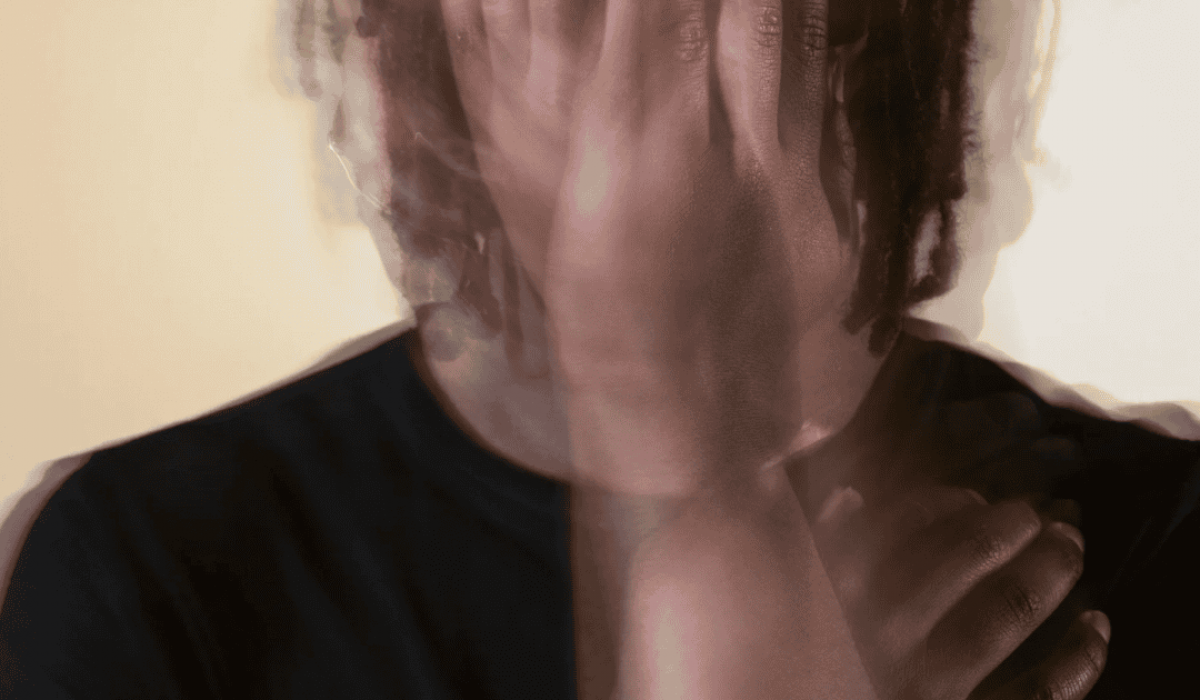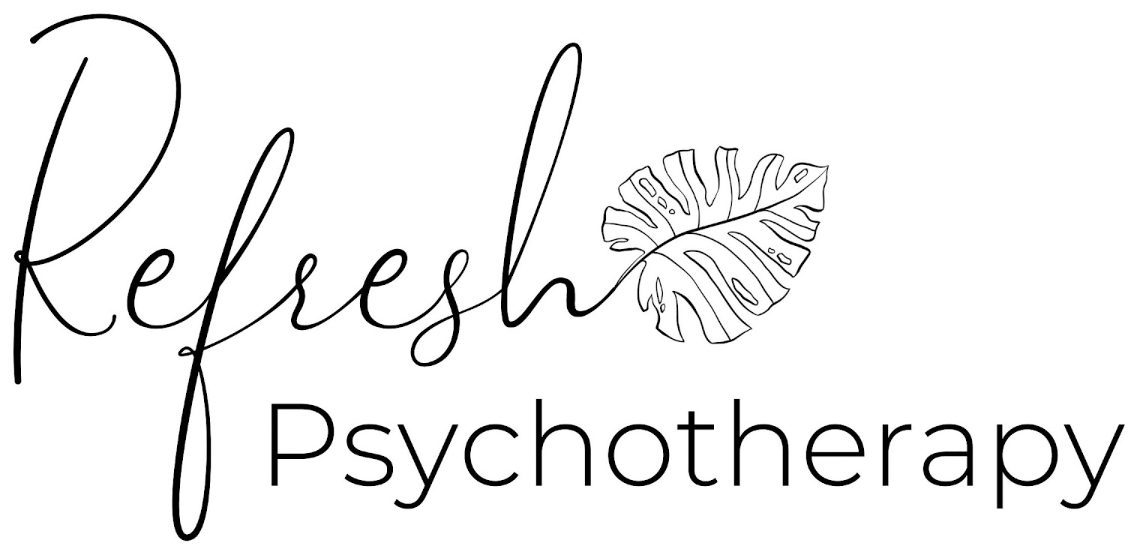
Struggling With Anxiety as a Single Father: What No One Talks About
Single fatherhood comes with an image: resilient, self-sacrificing, holding the world up for your kids with quiet strength. But behind that image, many single dads are quietly drowning in anxiety. Not the momentary kind that passes after a deadline or a tough day—but a persistent, all-consuming worry that runs beneath the surface of everyday life.
It’s the anxiety of being the only one. The only one to sign the papers. The only one who shows up to parent-teacher conferences. The only one to worry, day after day, if you’re enough. While single motherhood is often publicly acknowledged and socially supported, single fathers are expected to carry the same load—silently. And that silence is costing them their health, their confidence, and in some cases, their sense of self.
Why Anxiety in Single Fathers Is So Common—And So Invisible
Anxiety in single fathers often flies under the radar because it doesn’t look like the media version of panic attacks or emotional breakdowns. Instead, it looks like overworking, chronic irritability, perfectionism, emotional shutdown, or obsessive planning.
Men are socialized to suppress emotion, solve problems alone, and measure success by productivity. Single fathers, already navigating an emotionally demanding situation, may feel they have no space to acknowledge their internal distress. But the numbers tell a different story.
According to a large-scale study, single fathers report higher levels of psychological distress and sleep disturbances than both partnered fathers and single mothers, even when controlling for income and employment status (Weitoft et al., 2003). And yet, they are significantly less likely to seek help.
In part, this is because support systems are rarely built with fathers in mind. Parenting groups, pediatrician visits, and school communications often default to addressing mothers. The absence of space creates a false narrative: that fathers don’t need support, or worse—that asking for it signals failure.
Living With the Pressure to Perform—and Never Break
Single dads are often caught in an impossible contradiction: they’re expected to do it all, but never need help. Many carry the full weight of parenting, finances, emotional labor, and logistics, with no backup and no break.
This level of chronic pressure activates the body’s stress response system—raising cortisol levels, reducing immune function, impairing memory, and increasing vulnerability to anxiety and depression (McEwen, 2000). You might feel “on edge” all the time, unable to relax even when things are going okay.
Some fathers report a specific anxiety around being perceived as an unfit parent. You might feel like every mistake is being watched more closely, every emotional lapse scrutinized. This hypervigilance can lead to self-doubt, obsessive self-monitoring, and isolation.
How Anxiety Shapes Your Relationship With Your Child
Even when you don’t express your anxiety outwardly, your child feels it. Children are incredibly attuned to the emotional states of their caregivers. When a father is stressed, tense, or emotionally withdrawn, kids can become more anxious themselves—mirroring the emotional tone of the home.
A 2016 study found that paternal anxiety and depressive symptoms significantly predict emotional and behavioral problems in children, especially when emotional attunement is low (Gustafsson et al., 2016).
That doesn’t mean your anxiety is harming your child—but it does mean that how you relate to your anxiety matters. When children see their parent acknowledge stress and still show up with care, they learn emotional resilience. When they see their parent deny, suppress, or snap under pressure, they may internalize those same coping patterns.
The Guilt-Anxiety Spiral
One of the most corrosive patterns single fathers fall into is the guilt-anxiety spiral. You feel guilty for not being “enough”—so you try harder, stretch thinner, do more. But that overextension leads to burnout and anxiety, which then triggers more guilt.
This cycle is especially common in fathers who experienced emotionally absent or critical parenting themselves. You may feel driven to give your child a radically different experience—but without adequate support, this goal can lead to perfectionism and emotional exhaustion.
You might believe you have to earn your child’s happiness, your right to rest, or even your legitimacy as a single parent. But guilt is not a good parent. It clouds judgment, narrows perspective, and leads to reactive decisions. What your child needs isn’t more guilt-driven effort—they need you, grounded and emotionally safe.
The Role of Financial and Legal Stress
For many single fathers, anxiety isn’t just emotional—it’s practical. Custody arrangements, child support, legal battles, and job insecurity add another layer of stress that can’t be resolved with mindfulness alone.
Financial pressure is a leading cause of anxiety in single-parent households, with fathers reporting high levels of distress related to housing stability, food security, and medical costs (Kendig & Bianchi, 2008).
You may find yourself constantly calculating, forecasting, and preparing for worst-case scenarios. This kind of anticipatory stress is a hallmark of generalized anxiety disorder and often goes undiagnosed in men who attribute their distress to “just being responsible.”
You’re not just carrying your own future—you’re carrying someone else’s. And that weight can become unbearable without emotional and logistical support.
Why Single Dads Don’t Seek Help—and Why That Has to Change
Despite their vulnerability, single fathers are among the least likely groups to seek mental health support. A 2020 analysis of service utilization found that only 16% of single fathers had accessed therapy in the past year, compared to 32% of single mothers (Langton et al., 2020).
Common barriers include:
- Fear of being judged as emotionally unstable or incapable
- Difficulty finding male-friendly or father-specific services
- Lack of time and financial access to therapy
- Internalized beliefs that “strong dads don’t need help”
But suppressing anxiety doesn’t eliminate it—it relocates it. It turns into irritability, insomnia, disconnection, or hopelessness. Seeking help isn’t just about you. It’s about showing your child that strength includes vulnerability, and that love includes self-respect.
Therapy Is Not Indulgent—It’s Survival
For many single dads, therapy is dismissed as something “extra.” But addressing anxiety is not optional—it’s essential. The cost of untreated anxiety includes cardiovascular strain, lowered immunity, relationship breakdowns, and poor parenting outcomes (Hofmann et al., 2012).
Therapy offers a space to:
- Disentangle thoughts from fear
- Process guilt without letting it define you
- Build strategies for sustainable parenting
- Learn how to soothe your nervous system—not just push through it
- You don’t need to be in crisis to deserve support. You need only be human, raising a child in an overwhelming world.
What Healing Can Look Like—Even If Your Circumstances Don’t Change
Your anxiety may not disappear overnight. Your custody situation may not change. Your financial strain may persist. But healing doesn’t require everything around you to shift. It requires you to shift how you respond to what’s around you.
You can:
- Breathe before reacting
- Name your feelings aloud, even if it’s just to yourself
- Make space each day for something nourishing, no matter how small
- Connect with one other adult who can hear the truth without fixing it
- Anxiety tells you the worst-case scenario is inevitable. Healing reminds you that even in uncertainty, you still have agency, dignity, and worth.
You’re Doing More Than Surviving
You are not just holding it together—you are parenting through pressure most people can’t see. You may feel exhausted, resentful, afraid, or numb. That doesn’t make you weak. It makes you real.
Single fatherhood is hard. Not because you’re doing it wrong, but because it asks everything of you. And while the world may not always recognize your effort, your nervous system does. Your child does. And somewhere inside, you do too.
You don’t have to carry all of this alone. You were never meant to.
Anxiety thrives in silence—but healing begins the moment you tell the truth about what this really feels like.
Written by: Keeley Teemsma, LCSW, MA
Works Cited
Cairney, J., Boyle, M., Offord, D. R., & Racine, Y. (2003). Stress, social support and depression in single and married mothers. Social Psychiatry and Psychiatric Epidemiology, 38(8), 442–449.
Coles, R. L. (2015). Single-father families: A review of the literature. Journal of Family Theory & Review, 7(2), 144–166.
Gustafsson, H. C., Sullivan, E. L., & Keenan, K. (2016). Paternal depression and child development: A review. Child Psychiatry & Human Development, 47(3), 397–408.
Hofmann, S. G., Asnaani, A., Vonk, I. J., Sawyer, A. T., & Fang, A. (2012). The Efficacy of Cognitive Behavioral Therapy: A Review of Meta-analyses. Cognitive Therapy and Research, 36(5), 427–440.
Kendig, S. M., & Bianchi, S. M. (2008). Single, cohabiting, and married mothers’ time with children. Journal of Marriage and Family, 70(5), 1228–1240.
Langton, C., Yoshioka-Maxwell, A., & Madkour, A. S. (2020). Mental health service use among U.S. single fathers. Journal of Men’s Health, 16(1), e12–e20.
McEwen, B. S. (2000). Allostasis and allostatic load: Implications for neuropsychopharmacology. Neuropsychopharmacology, 22(2), 108–124.
Weitoft, G. R., Hjern, A., Haglund, B., & Rosén, M. (2003). Mortality, severe morbidity, and injury in children living with single parents in Sweden: A population-based study. The Lancet, 361(9354), 289–295.
